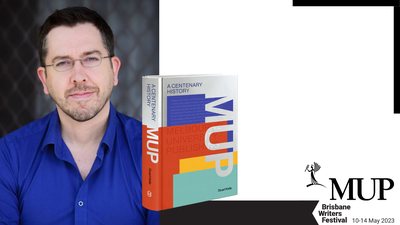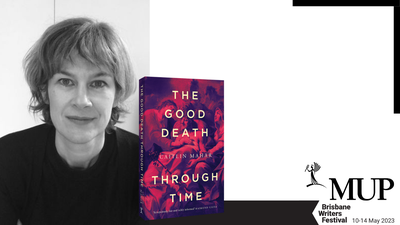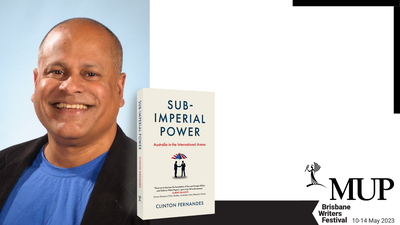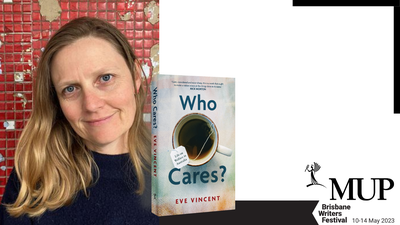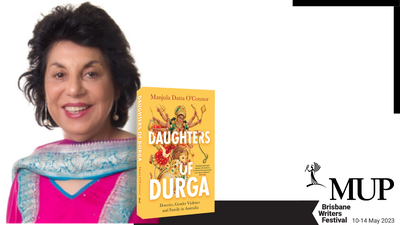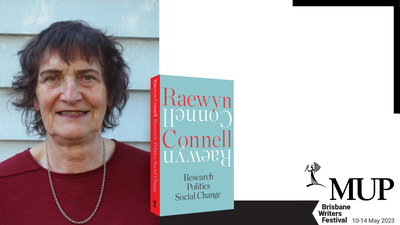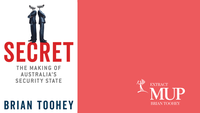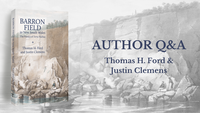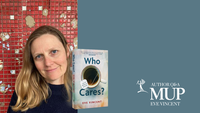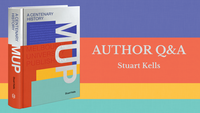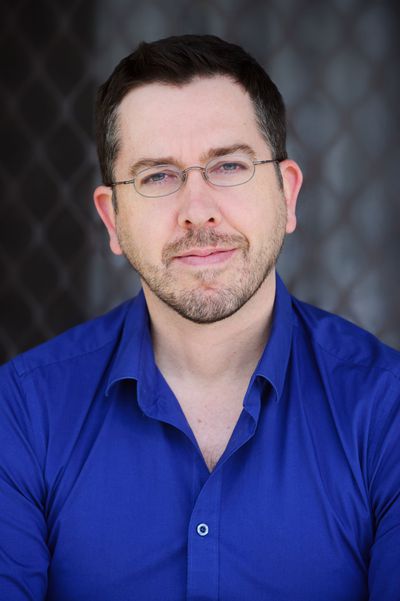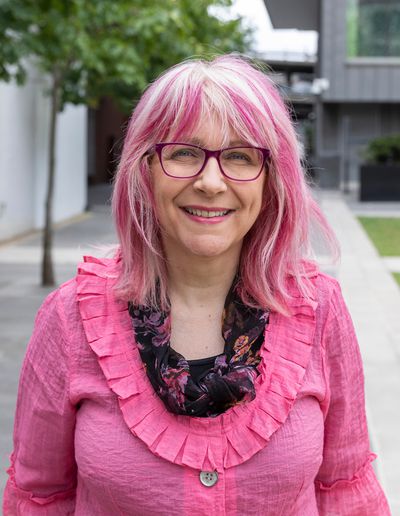Melbourne University Publishing at Brisbane Writers Festival

We are pleased to announce our line-up of authors for the 2023 Brisbane Writers Festival. Analyse the impact of conflict with author of August in Kabul, Andrew Quilty; explore what it means to die well with author of The Good Death Through Time, Caitlin Mahar; and demystify gender and class with Australia's most decorated social scientist, Raewyn Connell.
Scroll through our blog to discover the full list of MUP authors on offer at Brisbane Writers Festival this year.
Spilling the Tea with MUP—Thursday 11 May, 4.00 pm
What’s an industry scandal or two between friends … or rivals? In celebration of its centenary, Australia’s oldest university publisher, Melbourne University Press, lifts the lid on … itself? This session covers the highs, lows—and the very point—of a university press, along with some triumphs and controversies specific to MUP. Shhh! This session is ‘in the cone’. Book your spot here.
Conflict Reporting—Saturday 13 May, 1.00 pm
What does it mean to report from the frontline? Two compelling records of wartime journalism—Andrew Quilty's astonishing first-hand account of America's final days in Afghanistan, and Anthony Cooper's gripping history of five correspondents on a deadly air raid in 1943—reveal the devastating cost of war and the lessons we can learn from those who witness it for a living. Book your spot here.
The Fog of War—Saturday 13 May, 5.30 pm
Australians were horrified by the revelations of Four Corners’ ‘Killing Fields’ investigation into war crimes committed by Australian soldiers in Afghanistan. Mark Willacy, Andrew Quilty and Christine Helliwell discuss the lawless delirium of the front line, and our ethical reckoning with military adventurism. Book your spot here.
Caitlin Mahar in conversation with Scott Stephens—Saturday 13 May, 2.30 pm
As voluntary assisted dying becomes enshrined in law, Caitlin Mahar's fascinating book interrogates diverse cultural attitudes towards death and the evolution of our society’s understanding of euthanasia. Join her in conversation with Scott Stephens, ABC’s Online Editor of Religion and Ethics, for an illuminating conversation about the big questions surrounding life’s biggest mystery: how it ends. Book your spot here.
Australia’s Place in the World—Friday 12 May, 7.00 pm
Two insider accounts of Australia’s role on the global political stage raise questions about the future of our foreign policy and the status quo of international relations in a time of political tumult. In conversation with leading journalist Peter Greste, two of our sharpest political minds— former Ambassador Ian Kemish and historian and academic Clinton Fernandes—chart a course for Australia in the twenty-first century. Book your spot here.
Clinton Fernandes in conversation with Stan Grant—Saturday 13 May, 10.00 am
Has the world changed, or have I changed? The death of Queen Elizabeth II after her seventy-year reign has prompted renewed debate about monarchy, sovereignty and republicanism. Few are better equipped than Stan Grant to answer these questions and undertake a poignant reckoning with Australia’s colonial past and its hopes for the future. Stan Grant will be in conversation with Clinton Fernandes. Book your spot here.
The Agony and the Ecstasy of Tech—Saturday 13 May, 5.30 pm
It is to the great credit of Brisbane Writers Festival that this event copy was not written by a robot. The past few months have seen the rise of ChatGPT, a fun and totally harmless step towards Roko’s Basilisk; things that recently seemed like science fiction are now playing prominent roles in our social reality. Join these powerful human mind machines to get to the bottom of future tech and whether we should be afraid of it—or terrified. Book your spot here.
Class—Saturday 13 May, 10.00 am
The myth of a classless Australia is a thing of the past, with debates about power and privilege, and ongoing scandals like Robodebt, laying bare the fallacy of our egalitarian society. These erudite works of nonfiction consider the resurgence of material politics and show us what class looks like in the twenty-first century. Book your spot here.
Shame—Saturday 13 May, 1.00 pm
So much of how we learn is informed by our aversion to shame; the fear of embarrassment or humiliation instilled from our earliest experiences. These writers discuss how to overcome shame and harness our negative self-talk into a productive and honest dialogue. Book your spot here.
Trauma, Domestic Violence and Meaningful Change—Thursday 11 May, 5.30 pm
These writers interrogate the various forms of male violence towards women, unpacking the psychology of perpetrators and the cultural structures enabling sex-based abuse. Examining the evolution of public discourse around this issue, these authors consider what has changed, and needs to change, to ensure the safety of communities. Book your spot here.
Refugee and Migrant Stories—Friday 12 May, 4.00 pm
As migrant crises unfold the world over, it’s critical that we understand these geopolitical upheavals from the perspective of the people whose lives they disrupt. Pirooz Jafari, Manjula Datta O’Connor and Rosemary Kariuki bring their powerful, authentic perspectives to the plight of refugees and the need for compassion in a volatile world. Book your spot here.
This Sporting Life—Sunday 14 May, 11.30 am
Sport has long been inextricable from national identity, and there are few places in which this synergy is more pronounced than Australia. Nobel Laureate Peter Doherty and novelist Inga Simpson discuss their sporting new books and reveal what our fixation on athletics reveals about our psychology. Book your spot here.
Class—Saturday 13 May, 10.00 am
The myth of a classless Australia is a thing of the past, with debates about power and privilege, and ongoing scandals like Robodebt, laying bare the fallacy of our egalitarian society. These erudite works of nonfiction consider the resurgence of material politics and show us what class looks like in the twenty-first century. Book your spot here.
Sexuality and Gender—Saturday 13 May, 2.30 pm
Ambiguities and ambivalences of sex and gender have preoccupied writers from Ovid to Virginia Woolf. Here, four writers consider sexuality and gender in a modern context, drawing on personal experience and social observation to chronicle the evolution of our relationship to gender in the present. Book your spot here.
Sandra Thom-Jones in conversation with Edwina Shaw—Friday 12 May, 4.00 pm
We’ve recently seen an expansion of thinking around autism, with a particular focus on the experience of neurodivergent women. Often misdiagnosed or ignored, many women have struggled with the pressure to present a neurotypical façade. Professor Sandra Thom-Jones discusses how understanding her autism has empowered her as a researcher, educator and parent, and the importance of enabling the full participation of autistic people in society. Book your spot here.
